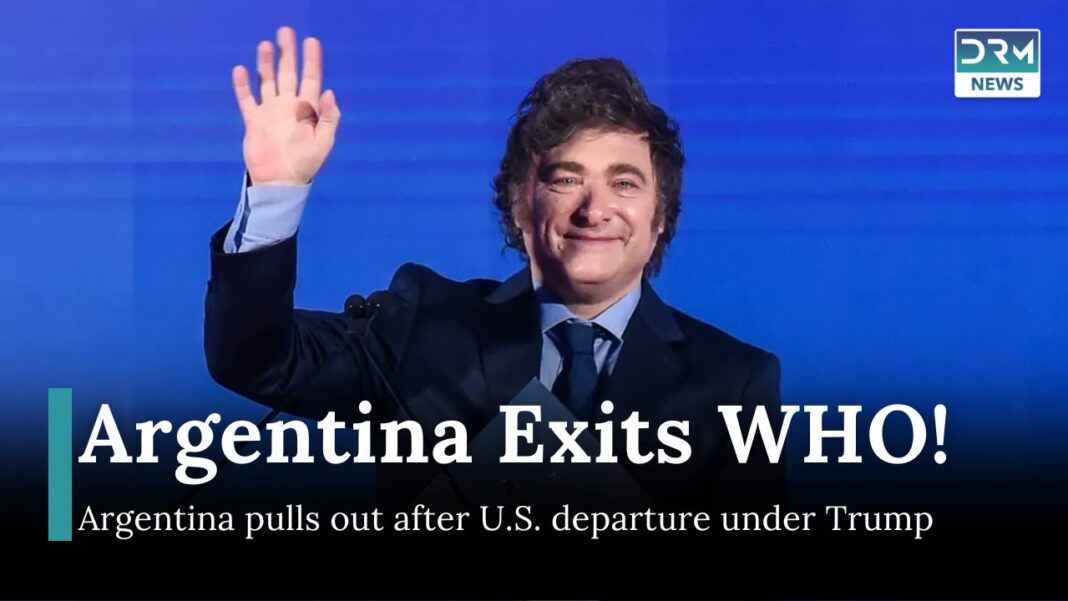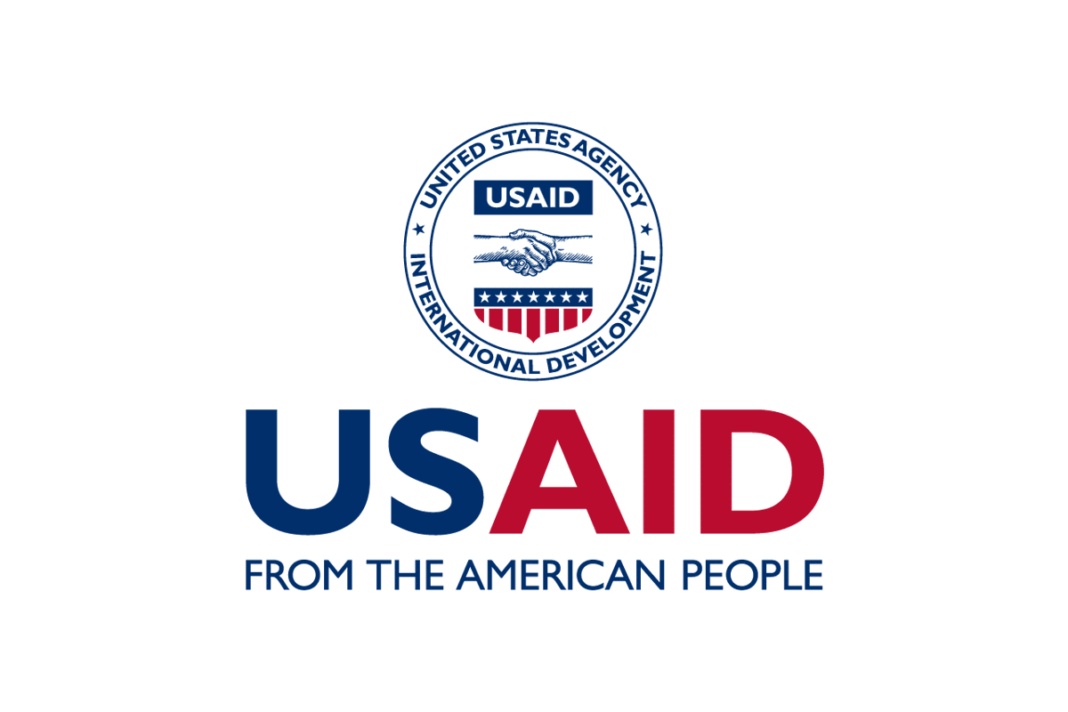President Javier Milei said that COVID-19 lockdowns promoted by the agency could be ‘classified as a crime against humanity.’
The Argentine government has announced its decision to withdraw from the World Health Organization (WHO) in response to the “catastrophic” economic impact of COVID-19 lockdowns.
In a statement shared on X on Feb. 5, the Argentine President’s Office said that the COVID-19 lockdowns were one of the greatest economic catastrophes in world history, citing the severe and lasting impact on global economies as their primary reason for pulling out.
“The WHO was established in 1948 to coordinate global health emergency responses, but it failed its most significant test: it promoted indefinite quarantines without scientific backing during the COVID-19 pandemic,” Argentinian President Javier Milei said.
“These quarantines caused one of the largest economic catastrophes in world history.”
He said that under the 1998 Rome Statute of the International Criminal Court, such lockdown policies could be classified as “a crime against humanity.”
Milei said that in Argentina, the WHO responded to a government that “kept children out of school, left hundreds of thousands of workers without income, caused businesses and SMEs to go bankrupt, and, despite all of this, led to the loss of 130,000 lives.”
It is urgent that the international community reassess the role of supranational organizations—funded by all—that fail to fulfill the purposes for which they were created, engage in political maneuvering, and attempt to impose their will on member states,” he said.
Anarcho-Capitalist
“President Milei instructed Foreign Minister Gerardo Werthein to withdraw Argentina’s participation in the World Health Organization,” presidential spokesman Manuel Adorni said at a press conference.
Milei, a self-proclaimed anarcho-capitalist, was inaugurated as Argentina’s president in 2023 after defeating Sergio Massa, economy minister for Alberto Fernández’s socialist administration.
Last year in a U.N. speech, Milei took aim at the 2030 Agenda’s Sustainable Development Goals, a global initiative for sustainable economic growth and environmental protection.
He said that although this is “well-intentioned in its goals,” it is “nothing more than a supranational government program with a socialist slant.”
“If the 2030 agenda failed, as its own promoters acknowledge, the answer should be to ask ourselves if it was not an ill-conceived program to begin with,” he said.
By Owen Evans









